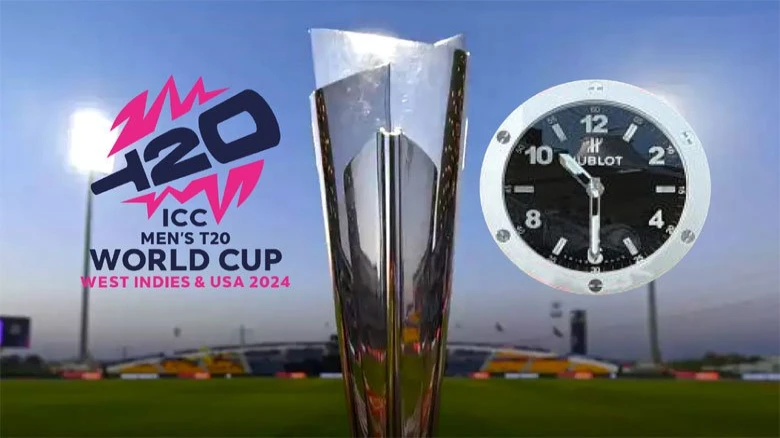Regional

The Men's T20 World Cup 2024 playing criteria and the qualification process for the 2026 tournament were also accepted by the Board in addition to this decision.
Digital Desk: The International Cricket Council announced on Friday that, starting with the T20 World Cup 2024, stop-clocks will be mandatory in limited-overs international matches during its annual Board meeting in Dubai.
The Men's T20 World Cup 2024 playing criteria and the qualification process for the 2026 tournament were also accepted by the Board in addition to this decision.
In December 2023, the men's limited-overs international matches saw the first trial application of the stop-clock initiative. The trial phase was supposed to end in April 2024, however, preliminary findings indicate that there have been notable improvements in the timely conclusion of matches. In men's white-ball cricket, the fielding side is required to start a new over within 60 seconds of the conclusion of the preceding over, as per the stop-clock rules.
There will be a ground-level electronic clock that counts down from sixty to zero. The third umpire is in charge of deciding when the clock should begin.
The fielding side will be given two warnings if they are not ready to bowl the first ball of their next over in the allotted 60 seconds after the previous over concludes. Further violations will result in a five-run penalty per incident.
There are some exceptions to this rule, and the clock can be canceled in certain situations if it has already started. These exceptions include:
When a new batter comes to the wicket between overs
An official drinks interval has been called
The umpires have approved the onfield treatment of an injury to a batter or fielder
The time lost is for any circumstances beyond the control of the fielding side
On the schedule, however, there were no discussions about the Champions Trophy. Similar to the Asia Cup format change from the previous year, there has been conjecture that India may decline to tour Pakistan if that country has been named as the host nation.
Leave A Comment